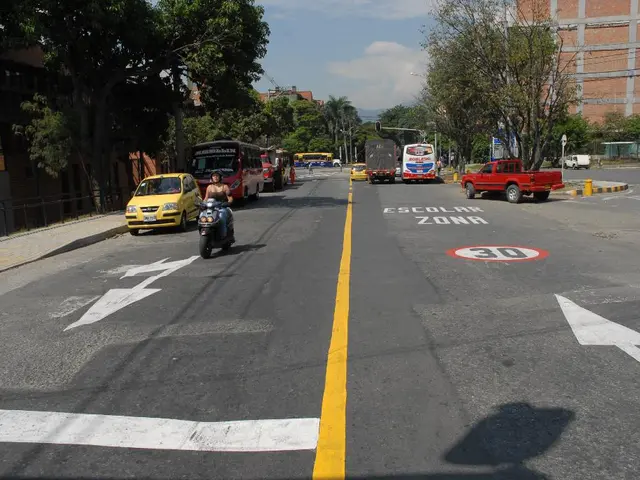Portugal's position in the under-the-table economy
The informal economy, activities not declared or taxed, plays a significant role in the global economy. According to the Global Underground Economy Report 2025 prepared by Ernst & Young, this shadow economy accounts for around 11.8% of global GDP.
In richer countries, the proportion of the informal economy is approximately 5.9%. The United Arab Emirates has the lowest rate, at 5.2%, while European countries like the United Kingdom (5.3%), Denmark (5.9%), and Norway (6.4%) also have relatively low rates. France, Germany, Spain, and Italy have slightly higher percentages, with France at 6.7%, Germany at 6.8%, Spain at 7.5%, and Italy at 7.8%.
On the other hand, in low-income countries, the informal economy is a more significant part of the economy, accounting for approximately 42.4% of GDP. In Sierra Leone, Niger, and Nepal, the shadow economy exceeds half of GDP.
In the USA, the informal economy reaches around 5% of GDP, or 1.4 billion dollars. China, despite having a lower tax burden and more favourable regulatory environment compared to many developing countries, still has a significant informal economy, representing 20.3% of GDP, estimated at 3.6 billion dollars.
The informal economy is crucial for the employment of millions of people in many regions of sub-Saharan Africa, particularly farmers, traders, and small business owners. The informal economy includes a range of activities, from illegal businesses and drug trafficking to street vendors and unregistered cash transactions.
The variation in informal economy size across countries typically arises from factors such as regulatory environment and tax burden, labor market conditions, institutional quality and governance, economic structure and level of development, access to financial services and technology, and trade policies and economic shocks.
While the EY 2025 reports focus on IPO activity, macroeconomic indicators like GDP growth, productivity, employment, and trade policy, these do not directly explain informal economy variation from the sources provided. For an EY-specific authoritative answer on the Global Underground Economy Report 2025 and detailed contributing factors by country, the original EY report or press release would need to be consulted.
Portugal, with its rich history and developed industry, also has a notable informal economy. This shadow economy, encompassing various businesses and activities not declared or taxed, contributes approximately 13.1% to Portugal's GDP, as per the Global Underground Economy Report 2025 prepared by Ernst & Young.






